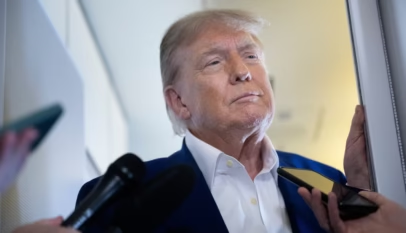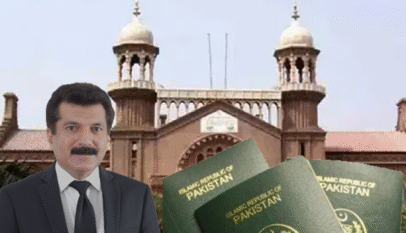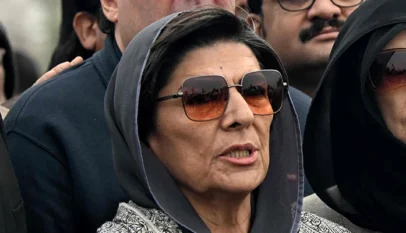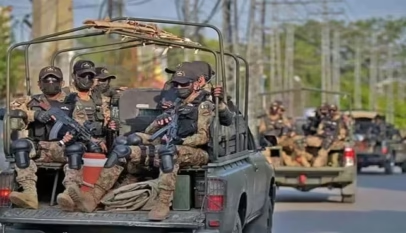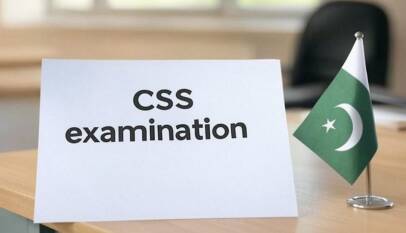
A preliminary assessment by the Defense Intelligence Agency (DIA) indicates that the recent U.S. military strikes on Iran’s nuclear facilities did not achieve their stated objective of fully dismantling the country’s nuclear program, according to sources familiar with the classified report.
Despite President Donald Trump’s assertion that the strikes had “completely obliterated” Iran’s nuclear capabilities, early findings suggest otherwise. The DIA, drawing on a detailed battle damage assessment from U.S. Central Command, estimates the strikes have delayed Iran’s nuclear progress by only a few months. Seven sources briefed on the report told CNN that a significant portion of Iran’s enriched uranium stockpile survived and most centrifuges remain operational.
Iranian officials reportedly relocated key nuclear materials ahead of the attack, limiting the damage to core components. “The DIA believes the strikes may have delayed Iran’s program by a few months at most,” one source told CNN.
The White House swiftly pushed back on the report. Press Secretary Karoline Leavitt dismissed the intelligence as “flat-out wrong” and accused unnamed officials of leaking the information to undercut President Trump. Speaking at the NATO summit in the Netherlands, Trump reiterated his stance, calling the operation “one of the most successful military actions in history.”
While the Pentagon maintains the strikes were effective, officials acknowledge that it is still too early for a definitive conclusion. Chairman of the Joint Chiefs of Staff General Dan Caine said damage assessments are ongoing and warned against premature judgments about Iran’s remaining nuclear capacity.
Defense sources confirmed that over a dozen 30,000-pound bunker-busting bombs were dropped on facilities including Fordow and Natanz, but much of the destruction was limited to surface-level infrastructure—such as power systems and uranium processing buildings. Iran’s heavily fortified underground facilities, which contain sensitive nuclear components, appear to have withstood much of the impact.
Israeli intelligence, which was involved in pre-strike operations, has reportedly found less damage than anticipated at the Fordow site. However, Israeli assessments suggest the combined U.S.-Israeli strikes could have set Iran’s program back by up to two years—assuming Iran is unable to rebuild quickly. Israeli officials have pledged to prevent that from happening.
Independent weapons experts who reviewed commercial satellite imagery also support the DIA’s findings. Jeffrey Lewis, a weapons analyst at the Middlebury Institute, said underground nuclear sites near Natanz, Isfahan, and Parchin were not fully neutralized, raising concerns that Iran could resume its nuclear activities relatively quickly.
Notably, while Fordow and Natanz were hit with bunker-buster bombs, the underground Isfahan facility was targeted with Tomahawk cruise missiles launched from a U.S. submarine, which may have lacked the penetration power needed to destroy deeply buried components.
There is also growing concern among defense officials that Iran may still be operating undisclosed nuclear facilities that were not targeted in the recent operation.
Meanwhile, classified briefings intended for members of Congress were abruptly postponed. The delay sparked criticism from lawmakers, including Democratic Rep. Pat Ryan, who suggested the administration may be avoiding questions about the true effectiveness of the strikes.
As the ceasefire between Iran and Israel holds for now, international observers continue to monitor the situation. However, uncertainty remains over the full extent of the damage and Iran’s ability—and determination—to rebuild its nuclear infrastructure.
US Ties India Trade Deal to Restrictions on Russian Oil Imports
Iran to Scale Back IAEA Cooperation Following Parliamentary Approval
Iran Arrests Over 700 in Crackdown on Alleged Israeli Spies
Khamenei Delivers Defiant Statement: Iran Will Never Surrender
PUJ welcomes formation of Commission for Protection of Journalists
LAHORE (RNN TV) — The Punjab Union of Journalists (PUJ) on Saturday expressed satisf…
Politics
Most Popular
CSS Exam 2026: Age Limit Relaxed, Essay Paper Gets New Focus
The Senate Standing Committee on Delegated Legislation has asked the Federal Public Service Commission …


